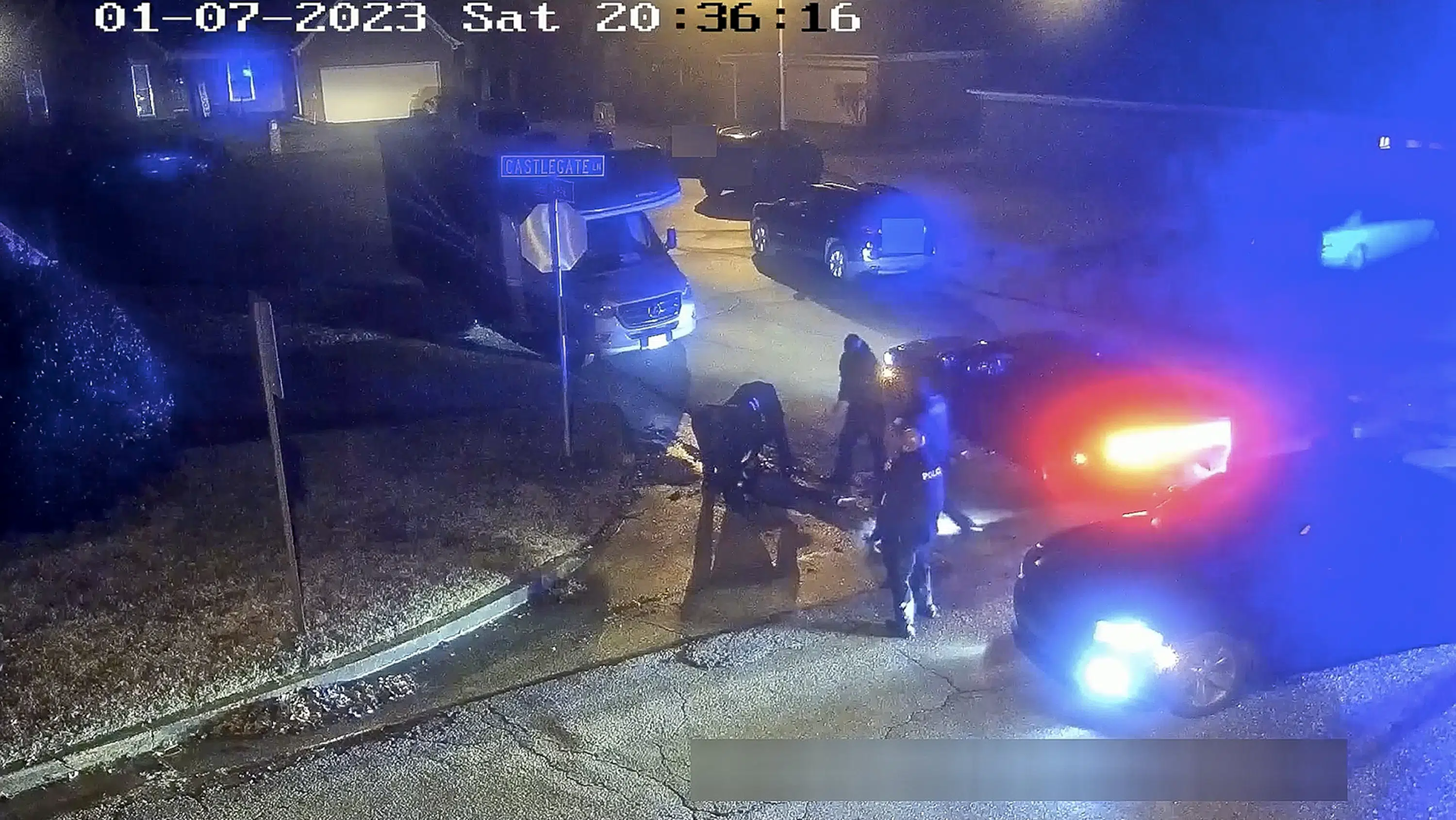Agreed. I also have a question about someone who is injured and in custody being able to refuse medical care without the officer agreeing to it.
A person is custody cannot refuse or consent to treatment; that decision is made by the officer. So, in theory, a person can request to be treated and transported to the hospital, however the officer can refuse on the person's behalf. Yes, I've had this happen, yes, it gets sticky, this is when supervisors get involved, because no one wants to be holding the bag. It's also why if a person in custody is seeing in the ER, the PD is responsible for the bill, not the person's insurance.
He was going to need to be medically cleared before being accepted into the jail, and simply rolling away from EMS does not rise to that criteria.
I've heard of cops requesting EMS to provide the medical clearance before being accepted into jail. Last I checked, we don't do this, but it hasn't stopped the cops from calling us.
I have had cops refuse to remove handcuffs. I once had a cardiac arrest at the local prison, where we were transporting with CPR in progress, where the CO wouldn't allow us to leave unless the person was in leg irons. I told him "this guy is clinically dead... if he can wake up, get his heart beating, and have enough energy to escape, I think he's earned that freedom."
here is the EMT's defense for refusing to do his job:
Long said he did not force the blood pressure cuff onto Nichols or hold him down in fear of being accused of assault.
At one point, officers leaned over Nichols and were “in his face, saying loudly that the patient is not going anywhere and that they are not going to uncuff him, impeding patient care,” according to Long.
rolling away from EMS doesn't mean you are refusing care... this EMT is doing whatever he can to save his career (he has already lost his job). I don't see that happening, and he is being scapegoated because of the horrible actions by the MPD officers, as well as systemic issues within the Memphis FD.

